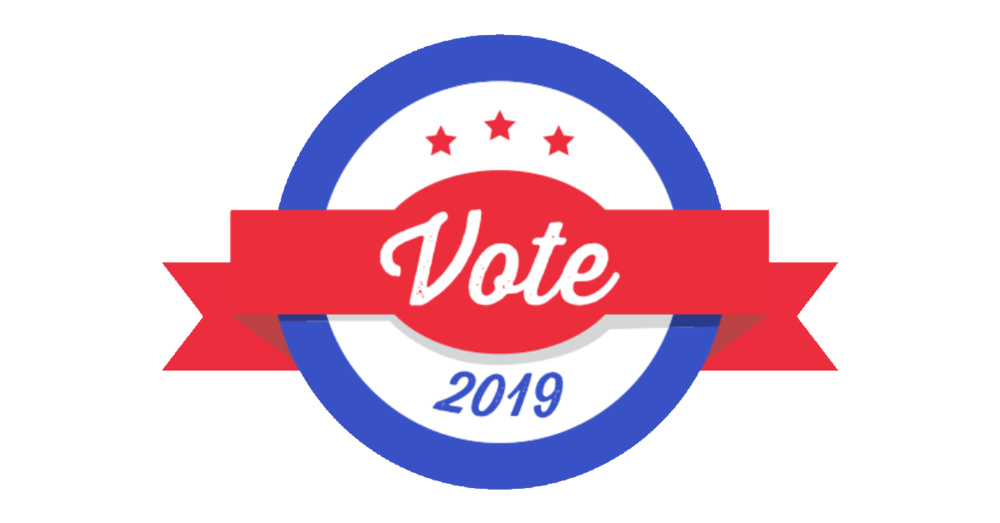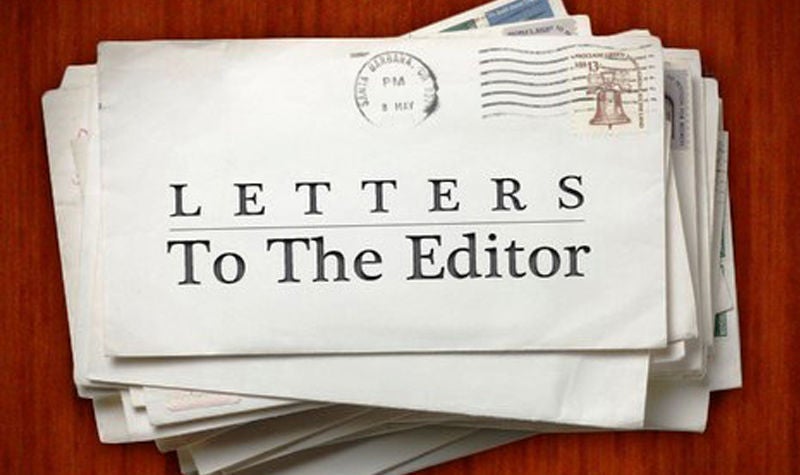TSTA: Proposition 4 repeals dedicated education funding; vote against it
Published 2:15 pm Wednesday, October 16, 2019
The Texas State Teachers Association announced it opposes Proposition 4 on the Nov. 5 constitutional amendments ballot and is urging everyone who cares about the future of public education in Texas to vote against it.
“Proposition 4 is bad for public education,” said TSTA President Noel Candelaria. “It purports to ban a personal income tax in Texas. It doesn’t. But if adopted, it would remove from the state constitution a guarantee that any revenue raised by an income tax be dedicated to improving education funding.”
“The Texas Constitution already has a high bar against an income tax. A provision adopted in 1993 prohibits an income tax without the approval of voters,” Candelaria added. “That same provision, the so-called Bullock amendment, also provides that at least two-thirds of the revenue from an income tax be dedicated to reducing school property taxes and the remainder to increasing education funding. Proposition 4 would wipe out that guarantee.”
Candelaria noted that Texas voters aren’t likely to approve an income tax in the foreseeable future.
“But pressure for a new revenue source eventually will mount as our state’s needs grow,” he said. “Proposition 4 will not prohibit a future Legislature from approving an income tax on a two-thirds vote and spending the revenue however lawmakers wish. They could even use the new revenue to pay for tax breaks for wealthy corporations while ignoring the needs of public schools.”
There also is another problem with Proposition 4. It doesn’t define the word “individual” and doesn’t specify that the income tax prohibition refers exclusively to natural persons. It could be interpreted by the courts to mean that businesses can be legally considered “individuals” and exempt from state taxation. If that were to happen, it could cost education and other critical public programs untold billions of dollars in lost revenue.
TSTA supports Proposition 7, which would allow the General Land Office to double from $300 million to $600 million the amount of revenue it could donate each year from state-owned land or properties to the Available School Fund for distribution among school districts. This would be an important new boost to public education funding.
Early voting will begin next Monday, Oct. 21.






